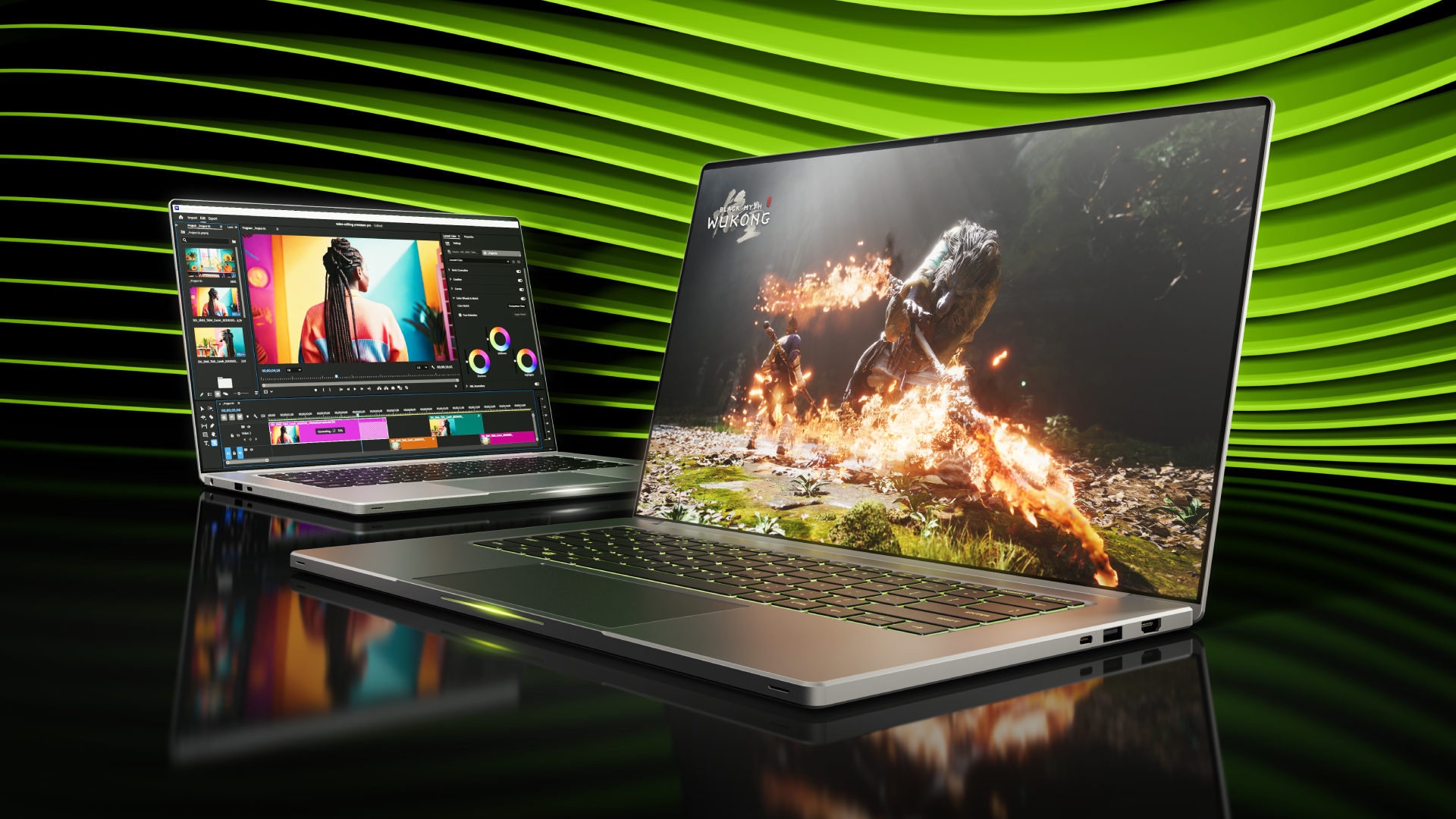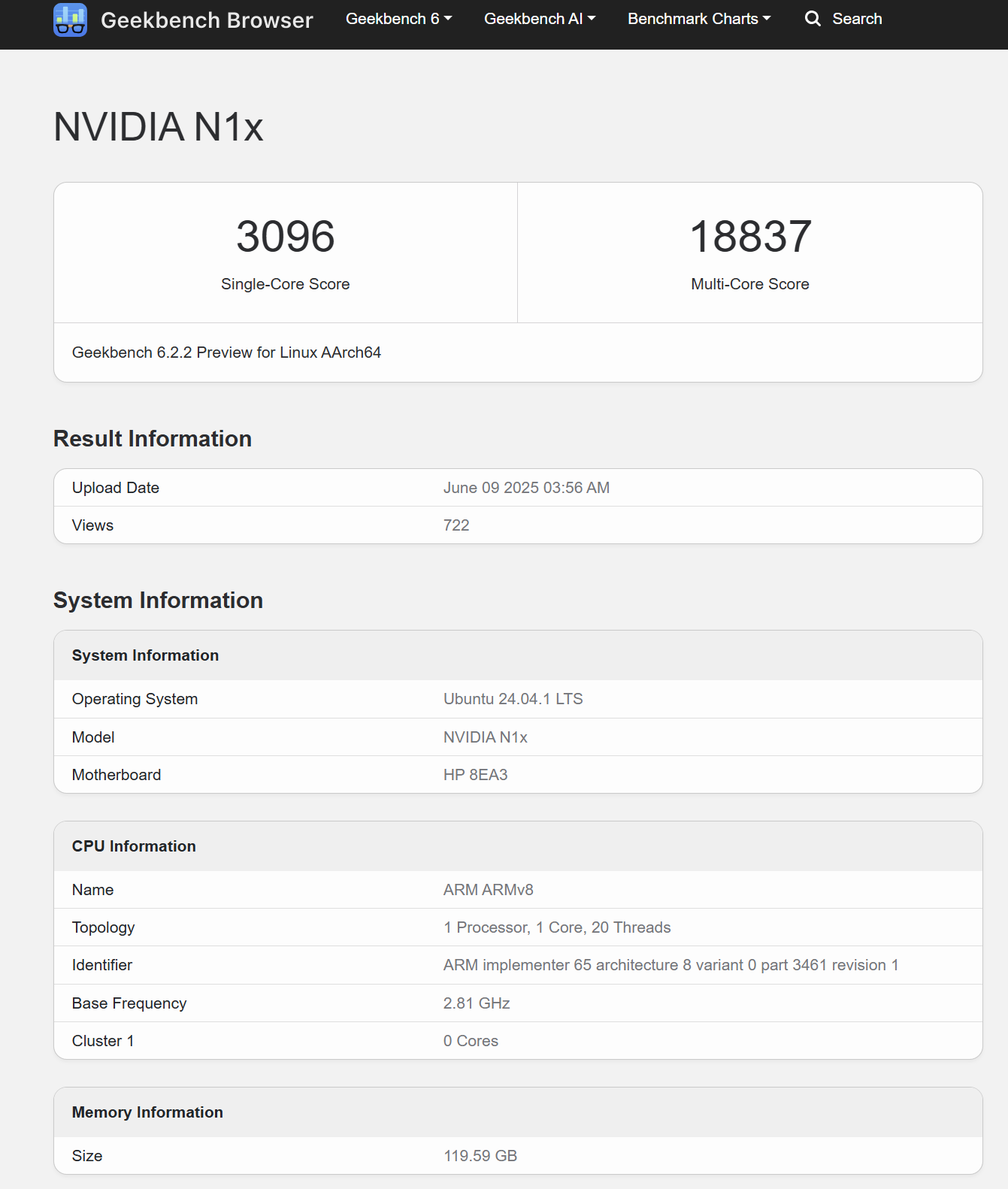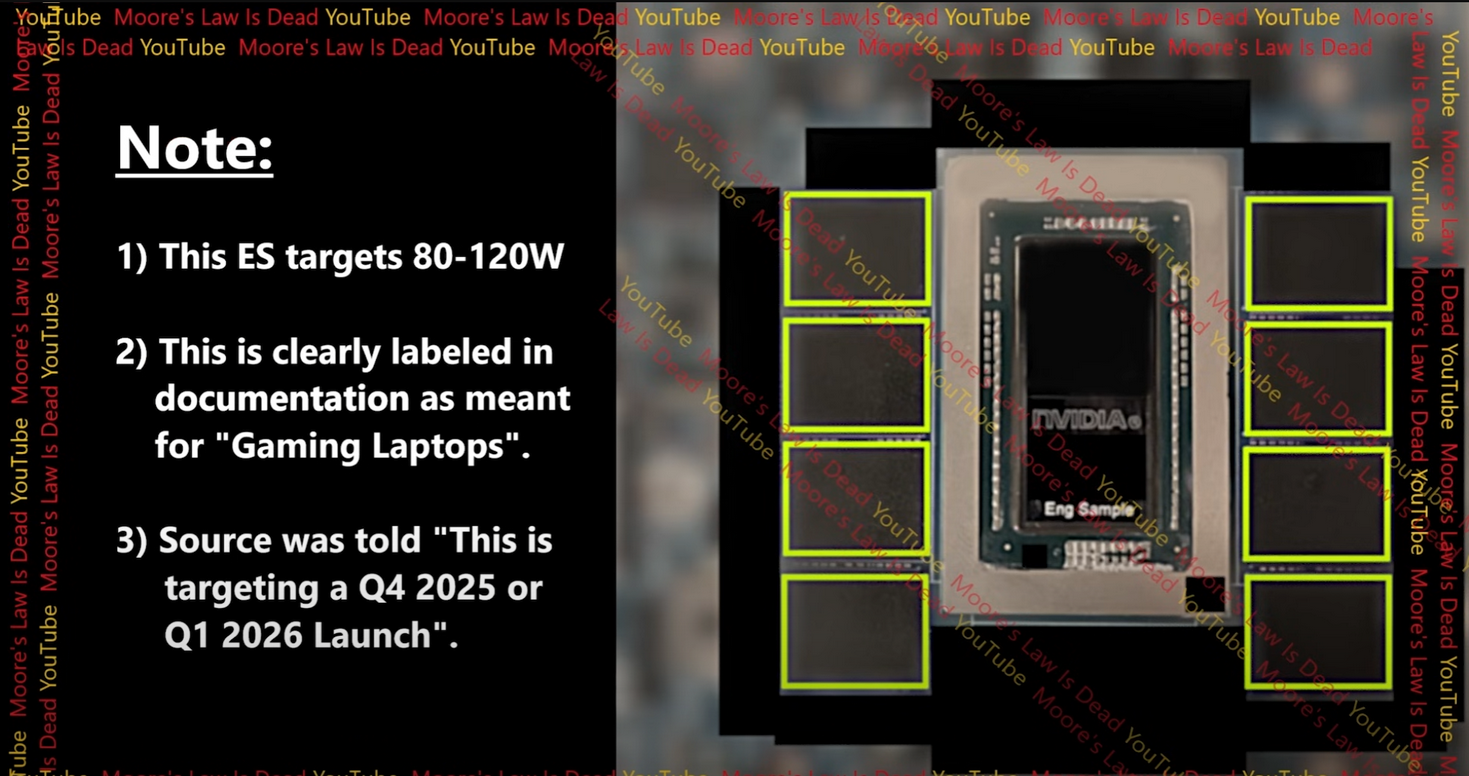Nvidia's N1X Geekbench scores are impressive, but can they top AMD and Intel? We compared the results.
Nvidia's massive 120-watt APU aims high, but can it compete with the best of Intel and AMD?

The first benchmarks for Nvidia's rumored N1x 120-watt, 20-core APU have arrived.
Nvidia's rumored N1 and N1x chips were expected to appear at Computex in Taipei last month, but the chipsets didn't appear in the company's lengthy keynote.
An N1x HP test system was recently benchmarked on Geekbench 6, with the results leaking to the Geekbench archives.
Based on the rumored specs for the massive APU, Nvidia appears to be targeting its own RTX 4070 Laptop GPU in terms of graphics performance, with general processing power in the range of a high-end gaming CPU.
So, how does the N1X actually compare?
Nvidia N1x Benchmarks

The Nvidia N1x APU was tested on an HP unit based on the motherboard specification for an HP 8EA3. The test unit was running Linux AArch64 and featured 128GB of system memory, confirming the N1x as a 20-thread, 2.81 GHz ARM processor.
The N1x returned a Geekbench 6.2 single-core score of 3,096 and a multicore score of 18,837.
Sign up to receive The Snapshot, a free special dispatch from Laptop Mag, in your inbox.
These are respectable benchmarks for Geekbench 6 performance, but consumer systems will likely vary. It's not often you see a consumer laptop with 128GB of RAM, and the test unit was running Linux, which tends to provide higher benchmark performance on Geekbench compared to Windows, particularly in relation to single-core performance.
Right now, the Nvidia N1x is expected to remain with Windows on Arm, though that could also vary depending on what systems it appears on. After all, if it is used as a gaming handheld, we could end up with an N1x system running SteamOS.
How does it stack up against the competition?

Initial expectations for the Nvidia N1x APU put it in the range of Intel and AMD's high-end gaming and workstation processors.
To offer the best comparisons possible, I decided to pit the N1x against Intel's most powerful Intel Core Ultra 9 285HX mobile CPU (MSI Raider 18HX AI) and the more popular Ultra 9 275HX (Alienware 16 Area-51), along with AMD's high-end gaming CPU, the Ryzen 9 9955HX3D (Asus ROG Strix G16) and the Ryzen AI Max+ 395 "Strix Halo" APU (Asus ROG Flow Z13).
I also included the Apple M4 Pro (Apple MacBook Pro 16), as it still has the best Geekbench scores for single-core and multicore performance.
While the Nvidia N1x comes close to reaching the performance heights of Intel, AMD, and Apple's high-end chips, it still falls short. And that's even without accounting for the performance boost the N1x would be getting from running Linux rather than Windows 11.
Click here to view chart data in table format
| Header Cell - Column 0 | Nvidia N1X | Intel Core Ultra 9 285HX | Intel Core Ultra 9 275HX | AMD Ryzen 9 9955HX3D | AMD Ryzen AI Max+ 395 | Apple M4 Pro |
|---|---|---|---|---|---|---|
Geekbench 6: Single-core | 3,096 | 3,032 | 3,126 | 3,205 | 2,295 | 3,910 |
Geekbench 6: Multicore | 18,837 | 21,851 | 20,498 | 20,113 | 19,457 | 22,822 |
Does the N1x stack up?

Nvidia's N1x APU is expected to have graphics performance that is in line with that of an Nvidia RTX 4070 Laptop GPU. This expectation is similar to AMD's Strix Halo APU. However, we haven't seen that level of performance from either of the two Ryzen AI Max systems that have launched so far. So, whether Nvidia can live up to these early rumors remains to be seen.
Geekbench 6, after all, isn't a GPU benchmark.
While the N1x should be a fast, responsive platform based on its Geekbench scores, it still doesn't pack the same punch as AMD and Intel's best high-end gaming and workstation-class CPUs. It comes close to competing against the Ryzen AI Max+ "Strix Halo" APU, though the Ryzen AI Max runs the full x86 version of Windows 11 while the Nvidia N1x test unit runs Linux AArch64.
Of course, a lot can change between early leaked benchmark runs and actual consumer-level systems.
Currently, the Nvidia N1x is expected to launch on notebooks, though other mobile systems like handheld gaming PCs could be a potential use. Nvidia is responsible for the custom chip powering the Nintendo Switch 2, after all.
Systems featuring the Nvidia N1x could launch as early as next year.
More from Laptop Mag
- Intel Nova Lake: Everything we know so far
- With 'The Outer Worlds 2', Xbox missed the anti-capitalist message
- Should the new Maingear Ultima 18 laptop replace your gaming desktop? Just look at the specs.

A former lab gremlin for Tom's Guide, Laptop Mag, Tom's Hardware, and TechRadar; Madeline has escaped the labs to join Laptop Mag as a Staff Writer. With over a decade of experience writing about tech and gaming, she may actually know a thing or two. Sometimes. When she isn't writing about the latest laptops and AI software, Madeline likes to throw herself into the ocean as a PADI scuba diving instructor and underwater photography enthusiast.
